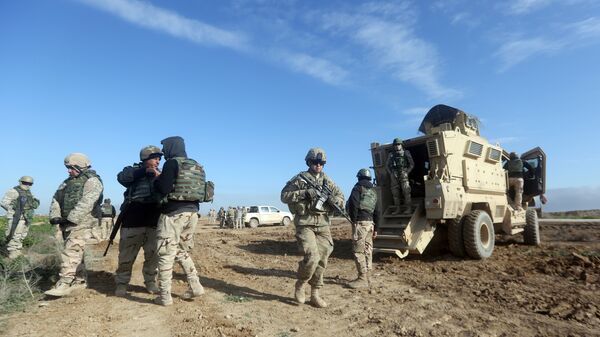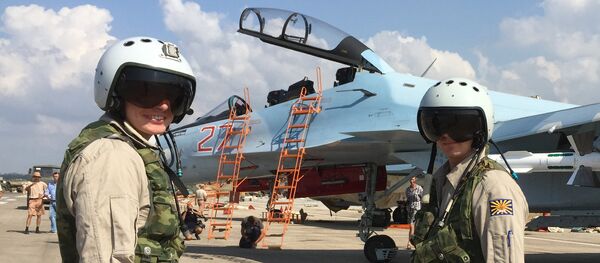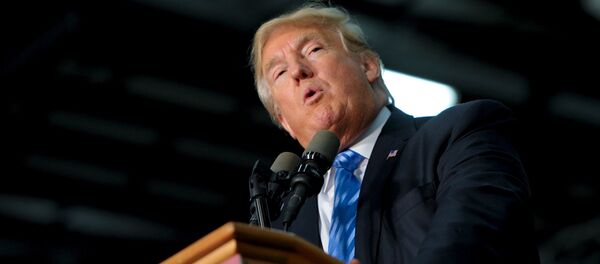The situation was much simpler during the Cold War. Then, the US sought to contain and reduce the influence of the Soviet Union in the Middle East. It also wanted oil from the Middle East to continue going to the global market. As a result, the US had a clear vision of its goals and was able to pursue a consistent policy.
When the Cold War ended, one might have expected that US influence in the region would decline since there was no longer a major external threat to contain. However, the US role deepened, the author wrote. Since then, the US strategy in the Middle East has not been successful as Washington "failed to take account of the dramatic changes that have transformed the Middle East’s strategic landscape."
Analyzing the reason why this happened, Walt underscored that since the USSR collapsed there has been "no great-power rival to organize US strategy."
"Today, there is no single overarching threat to the region and thus no clear organizing principle to guide US policymakers. What we are grappling with today is a fiendishly complicated array of actors pursuing a variety of objectives, and who is on our side and who is against us varies from issue to issue," the article read.
What is more, falling oil prices and a glut in the oil market have casted doubt on the strategic rationale that has underpinned the US involvement in the region since 1945, Walt wrote. The US no longer buys a significant amount of oil and gas from the Middle East and the risk of a cutoff is lower than ever.
Fourth, Washington’s "track record in the region" over the past 20 years also raises questions about its ability to identify realistic goals and achieve them. According to Walt, "when it comes to the Middle East, the Clinton, Bush, and Obama administrations have been King Midas in reverse: Everything they touch turns not to gold but to lead or, even worse, into a violent conflagration."
Finally, the mechanisms the US used to apply to the Middle East are no more relevant to the actual problems in the region, the article read. The region needs for more effective political institutes, which the US military is not designed for, like in Afghanistan, for instance.
"Our most potent tools of influence are of little value, and our strategic interest in the region is declining. And none of our current allies there deserve unconditional support on moral grounds either," the analyst wrote.
Washington ought to stop trying to fix problems that "it has neither the wisdom nor the will to address," the article read. However, the Middle East is one of the hot topics of the presidential campaign, but candidates have just underscored the need for strong "US leadership."
"Sadly, when one of them finally takes office in January 2017, they‘ll have no idea what to do in this part of the world. […] The sooner Americans recognize that they’re better off coaching from the sidelines, instead of getting bloodied on the field, the better off they’ll be," Walt concluded.




